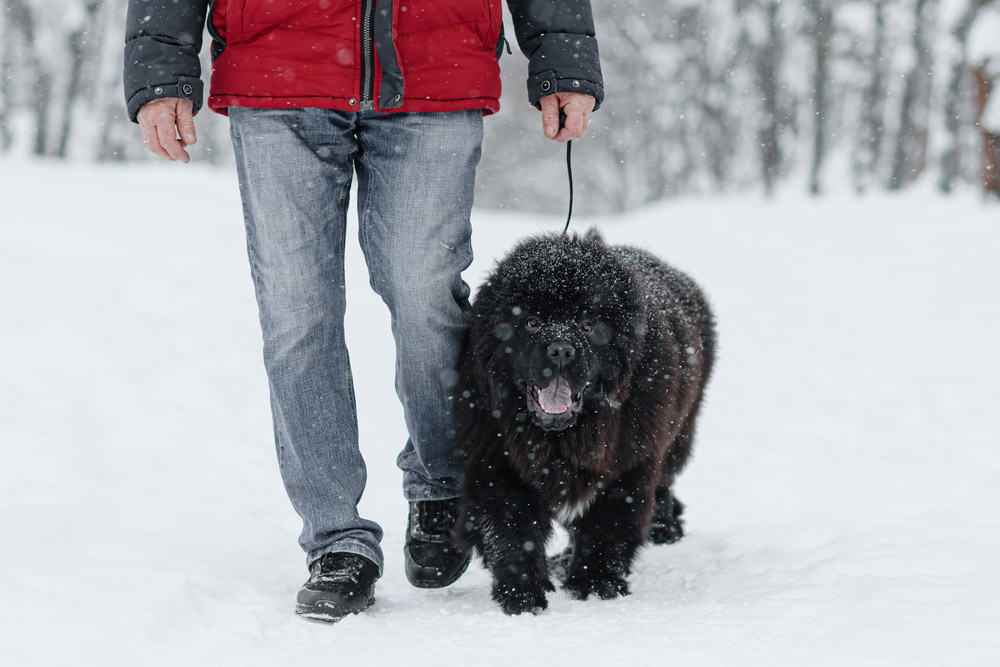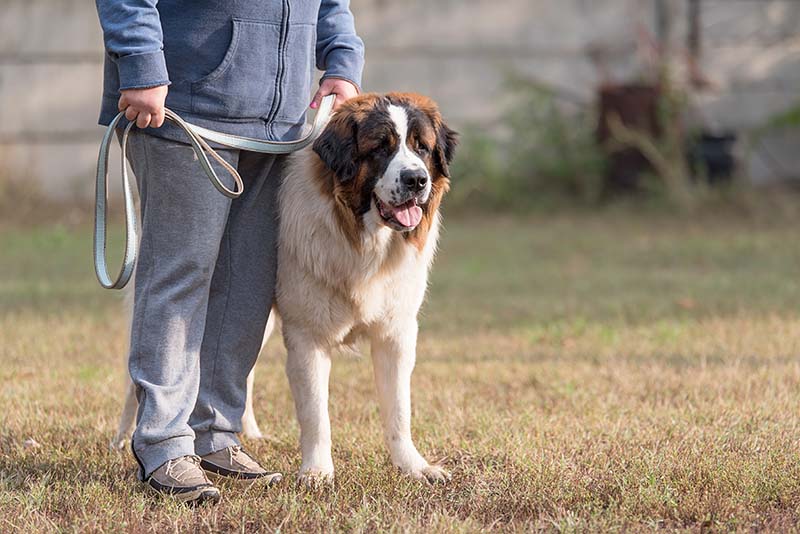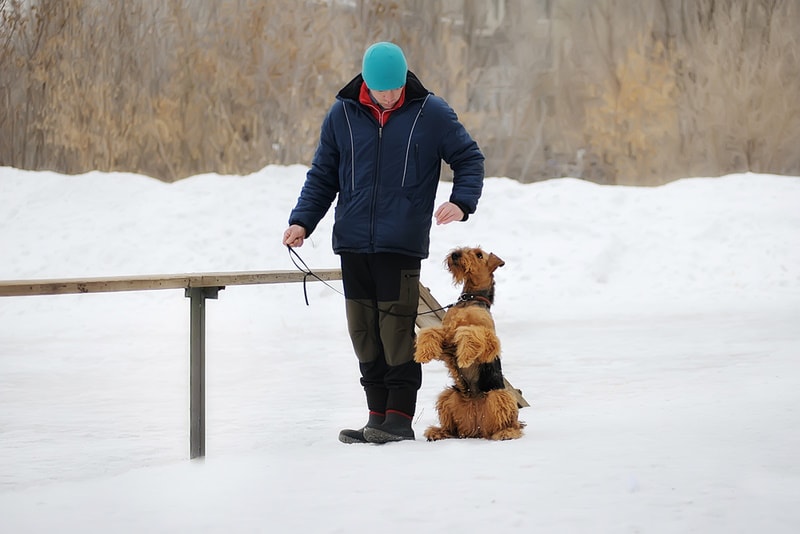Is your puppy suddenly acting like he’s a guard dog at a palace? Does he bark his head off at sounds you can’t even hear? Dogs bark at things for several reasons including a perceived a threat, a sign of boredom, or a cry for attention. Barking is also a form of communication between dogs and they have distinct sounds and volumes for different expressions. A dog barking in a high pitch is often excited, a dog sort of gurgling in a lower pitch is usually content. A dog emitting a low growl is issuing a warning.
All breeds except the Basenji bark. Some are more vocal than others such as those bred from guard dogs. Puppies are looking for work at this age and, in the case of incessant barking, warning their owner of impending danger is their work. The trash truck is an enemy, the doorbell is an enemy, the dog barking down the street is an enemy.
There are two approaches to stopping barking – deterrents and training. Often the best result is to use both.
Deterrents
1. Get a Ultrasonic Deterrent – These make a sound undetectable to human ears which discourages barking.
2. Use a Citrus Collar – This sprays citrus near your puppy’s face when he barks and acts as a deterrent.
3. Hire a dog walker – This will ease boredom if you’re away.
4. Acupuncture – This solves many problems, from depression to colds. It can also help with behavior problems such as excessive barking by relaxing your puppy and balancing their system.
5. Leave Things to Do – Leave interactive toys and Kongs out for your dog if you’re going out to keep your puppy busy.
6. Leave the Blinds Down – If your puppy is barking mostly in reaction to sights outside, closing the blinds will help stop him.

Training
1. Make Sure You’re Established as Alpha – Obedience training helps to establish this as does actions such as deciding when you pet your puppy or when he can, or can’t, get on the couch.
2. Train Your Puppy to Bark – Yes, this will actually help. Train your puppy to bark on command. Hold a treat up to your chin and say “Speak!” When your puppy speaks, reward him. Next, say “Whisper!” in a very soft voice and reward when your pup figures out how to lower his voice. When he barks on his own, use the “Whisper!” command.
3. Train Your Puppy Not to Bark – Now you can train your puppy not to bark. Start with “Speak!” then command “Whisper!” and, finally, say “Quiet!” in an even softer voice. Most puppies will find this exercise fun and will easily figure out what you want him to do. Be sure to praise and reward whenever he accomplishes a command.
One of the most frequent reasons dogs are given up to shelters is excessive barking. This is sad considering that we can easily fix this problem. It’s also ironic since it’s often our own behavior that is causing it.
Lack of a human Alpha in the household confuses a dog and makes him think he is responsible for protection. We encourage barking when it’s fun and then wonder why they continue later. We leave our dogs alone all day and wonder why they get bored and bark. And incorrect training exacerbates the problem. Yet, some view this problem as entirely the dog’s fault. And we all know it’s (usually) unfair to blame it on the dog!
Featured Image Credit: Julia Zavalishina, Shutterstock









